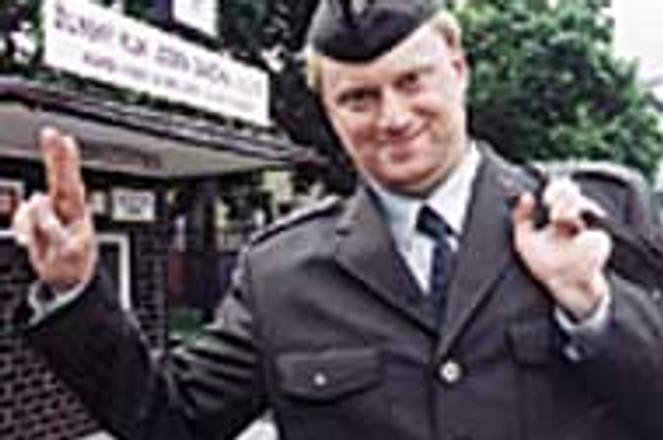Slovak recruits are asking why, if 5 men are not missed at a top base, 28,000 men must spend 12 months away from their homes and families each year.photo: Michal Bak
A routine Army inspection at the beginning of November turned up evidence of corruption that, if found to be widespread, could damage Slovakia's chances of joining the NATO alliance in 2002, military officials said.
The inspection found that five conscripts supposed to be doing their 12-month term of service at an important anti-aircraft defense base in Pezinok had never actually shown up for duty. Although such cheating is common in the regular ranks of the Slovak Army, where many unwilling young conscripts wangle medical discharges and official waivers of their draft notices, the Pezinok case is being taken seriously by Defence Ministry officials anxious to protect the reputation of the base.
The Slovak anti-aircraft defense system consists of three bases, situated in Pezinok, Nitra and Rožňava. According to official Slovak Army regulations, the country's anti-aircraft defense system must be ready for action at all times, while army recruits stationed there are supposed to go through combat-simulation training.
The Slovak air-defense system will be a key part of any potential NATO integration, since it has to be fully compatibile with NATO equipment and is scheduled to be one of the first Slovak military structures to be integrated into the alliance.
According to Colonel Modrocky of the Army General Staff, direct responsibility for the phantom recuits case rests on the commander and personnel officer of the Pezinok brigade. "After the investigation [by Military Police] is finished, the Chief of the Army General Staff will decide what penalties will be taken. If this [conscription] cheating is confirmed, we expect personal as well as legal consquences to follow," Modrocky told The Slovak Spectator on November 29.
Pezinok base officials refused to speak when contacted by The Slovak Spectator. But Colonel Vladimír Kmec, a former top Defense Ministry official, said on December 1 that in an absentee case involving so many conscripts, officers at various ranks had to be involved. "I have no other name for this except a mess inside the army," Kmec said.
"For me, it's clear evidence of corruption inside the Slovak army, which is damaging its reputation abroad" agreed a foreign military officer from a NATO-member country on November 30.
The foreign officer, speaking on condition of anonymity, told The Slovak Spectator he wasn't satisfied with the approach the Defence Ministry was taking in its fight against Army corruption. "I'll ask you a question: do you think a corrupt army can become a member of NATO? The answer is no." The officer would not comment on whether the Pezinok case would affect Slovakia's efforts to join NATO in the next wave of enlargement.
Colonel Kmec, however, had no doubts that NATO was watching the Pezinok case closely to see how it was handled, and how widespread such corruption was. "If this cheating was a one-shot deal in the army, it wouldn't be any concern of NATO. But if it's a part of larger trend, it might easily happen that Slovakia will miss integration into the alliance in 2002 because our army is in total decay," Kmec said.
Impact on Army
The General Staff's Colonel Modrocky was at pains to smooth the waters, saying that cheating among officers and conscripts didn't hurt the Slovak Army's fighting ability so much as its image. "Such practics mostly damage the reputation of this brigade as well as of the entire army," Modrocky said, adding that he was not allowed to reveal the ratio between conscripts and professional soldiers at the base.
A former Pezinok conscript who completed his service two years ago said that the rank and file take cheating in stride, and that the absence of a few conscripts could make little difference to the military capabilities of an Army in which conscripts perform no useful duties.
"Ninenty percent of the duties I was given were absolutely meaningless," the conscript said, asking that his name not be used. "In other words, if I hadn't done my duty, nothing would have happened. The only place I ever had to work was in the kitchen."
The conscript was also pessimistic that the investigation of the five absentees would be conducted properly. "I'm sure these five guys could only cheat this way if they had contacts with important military people," he said. "The military will for sure try to hide this from the public."


